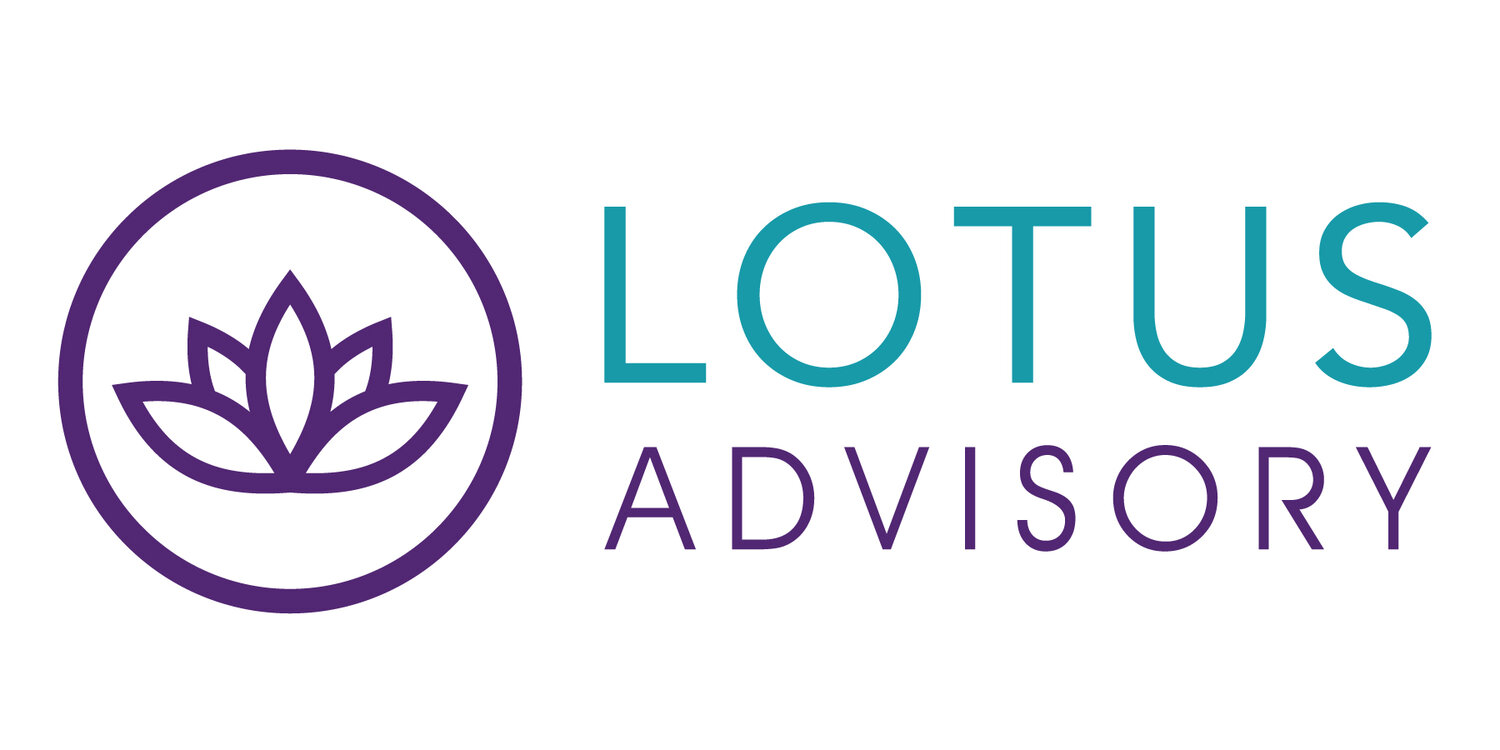ABC7 News
February 18, 2021
OAKLAND, Calif. (KGO) -- Ninth Street at the intersection of Mandela Parkway in Oakland has been renamed after the revolutionary founder of the Black Panther Party: Dr. Huey P. Newton Way.
On what would be his 79th birthday, a three-block stretch of 9th street in West Oakland now bears Huey P. Newton's name.
Fredrika Newton, founder of the Dr. Huey P. Newton Foundation and Newton's widow, was filled with joy.
"I'm overwhelmed. It's our first tangible result of so much effort and not the last," said Newton.
"Huey made Oakland a place for revolutionary organizations to come together," says Xavier Buck, Deputy Director of the Dr. Huey P. Newton Foundation.
Doctor Newton is one of the co-founders of the Black Panther Party. He was shot and killed at this street corner in 1989.
A small crowd was on hand for the ceremony and the unveiling that followed, which included city and community leaders and some former party members.
For decades the narrative surrounding the Black Panther Party, founded in Oakland in 1966, has centered around images of party members in black leather jackets carrying guns for protection.
But what about the Black Panther's breakfast program that became the blueprint for the federal government's school breakfast program?
Why were those positive images of the party's history largely non-existent until now?
They only like to show sinister videos or pictures of us carrying guns. That was not what the Black Panther Party is about," said Newton.
"We fed (children), we clothed them, we made sure they were healthy with free clinics. That's based on love and those were the positive things of the Black Panther Party the media never showed," she said.





